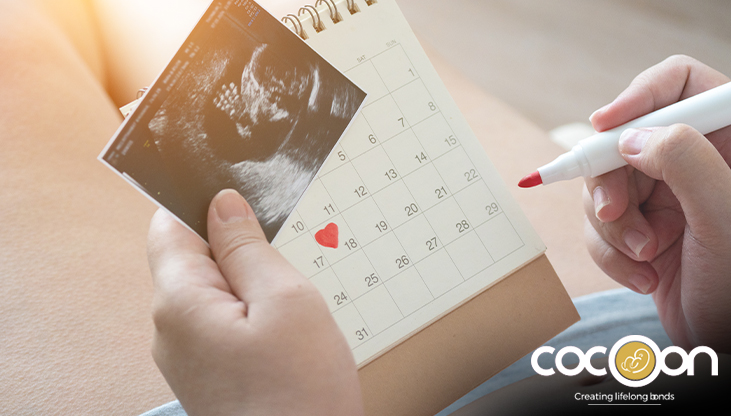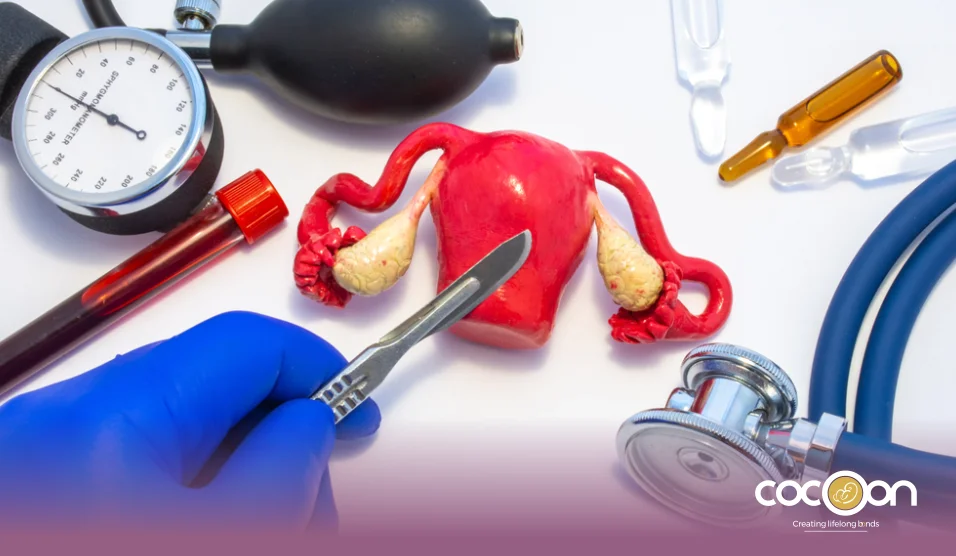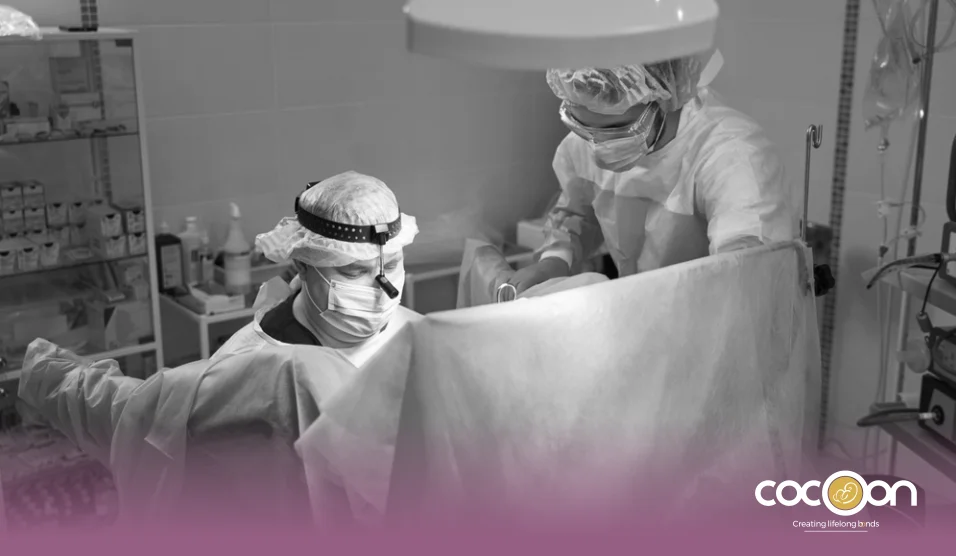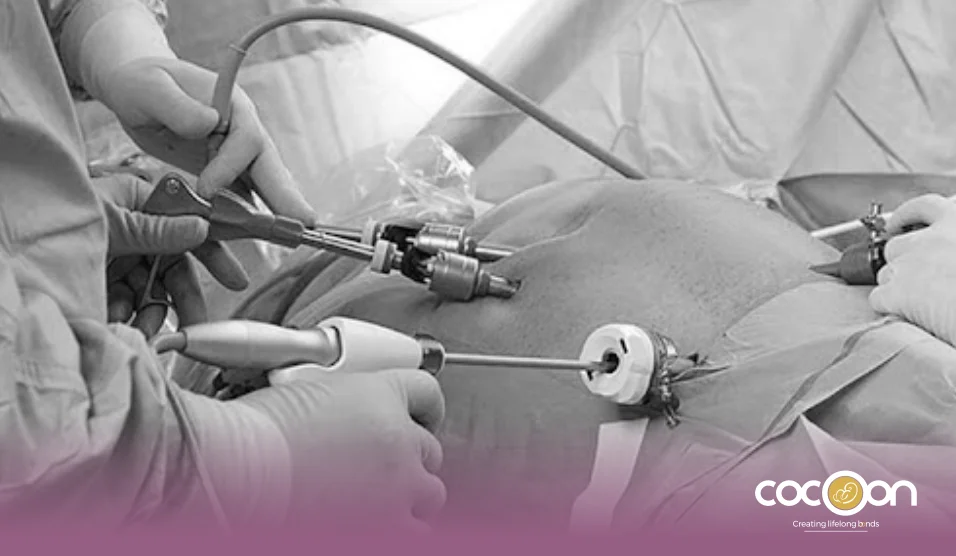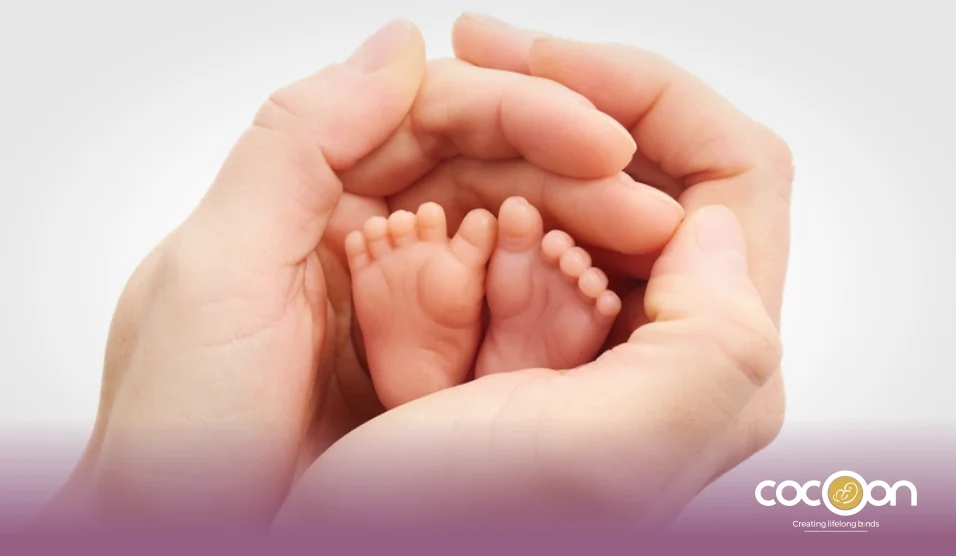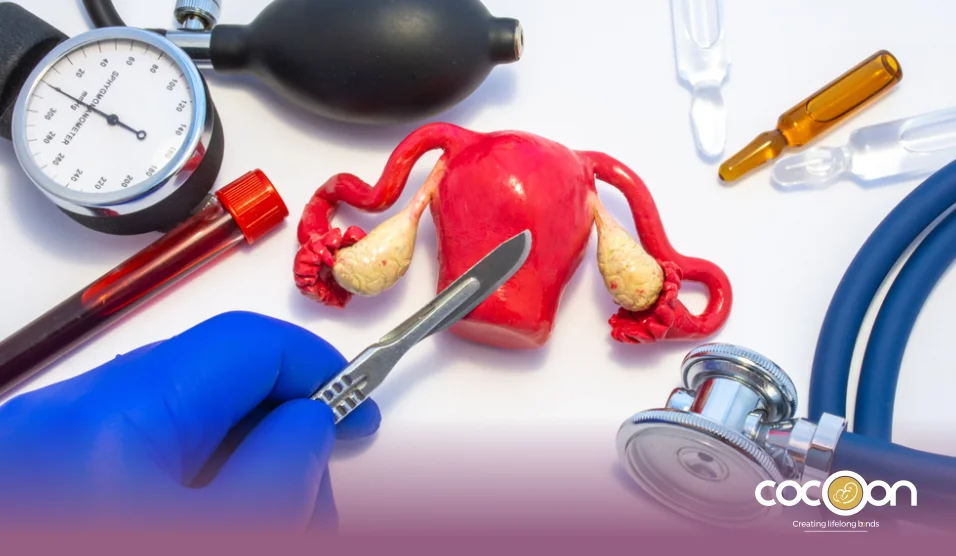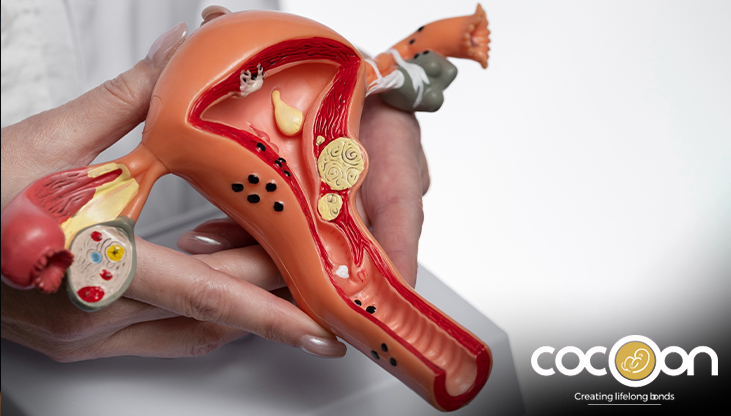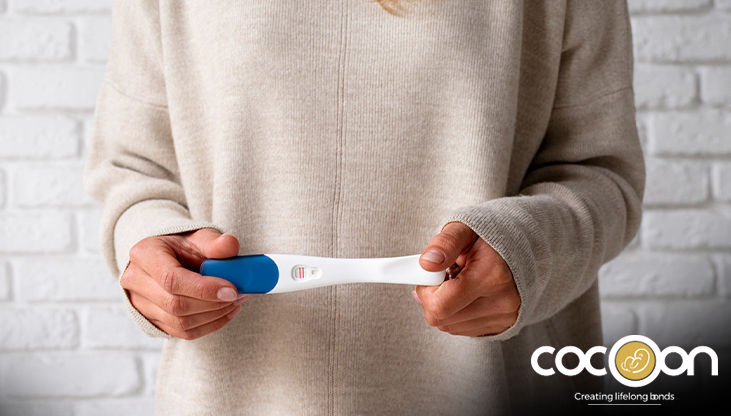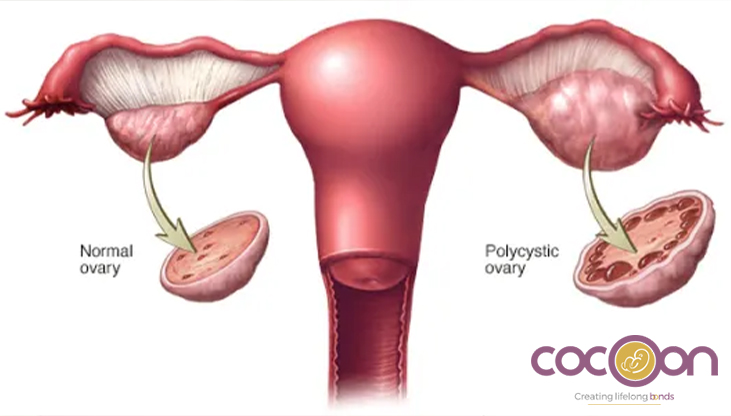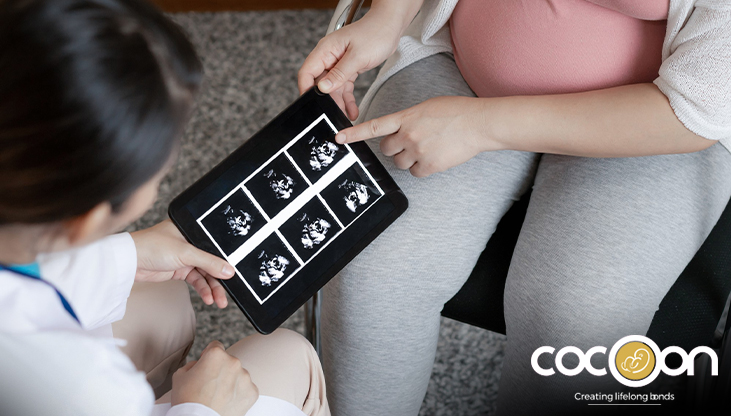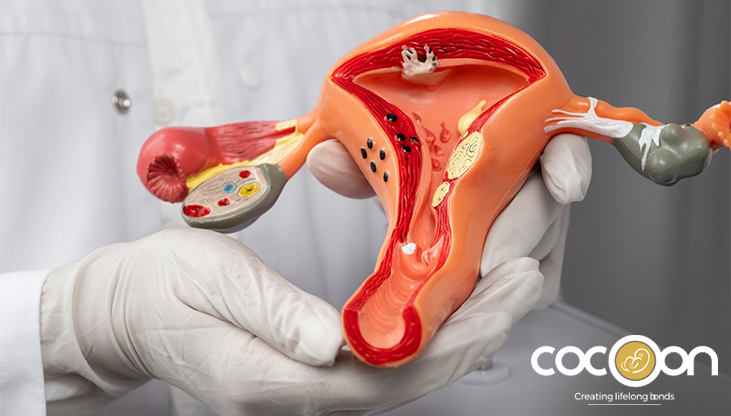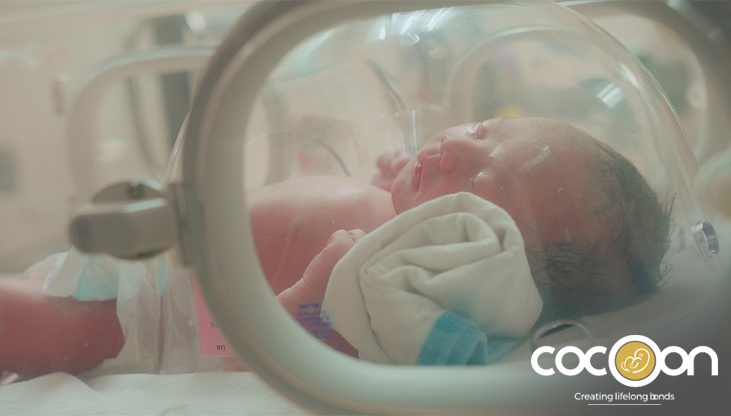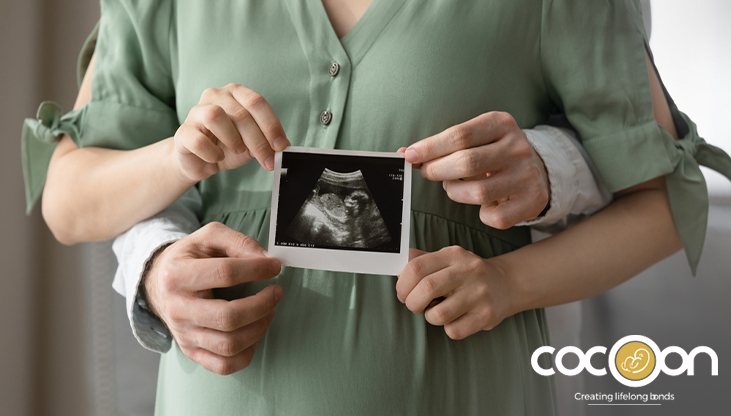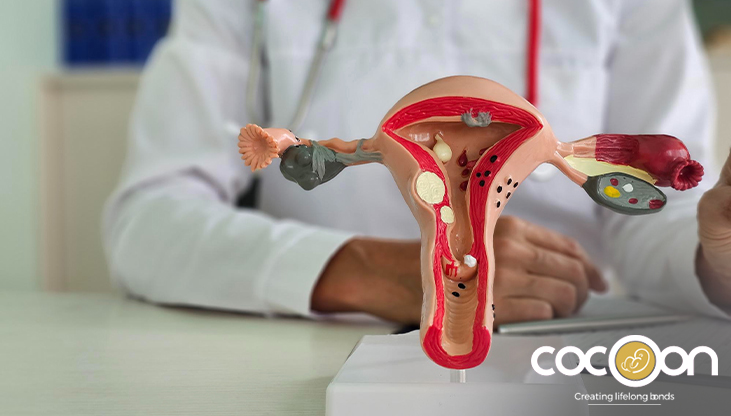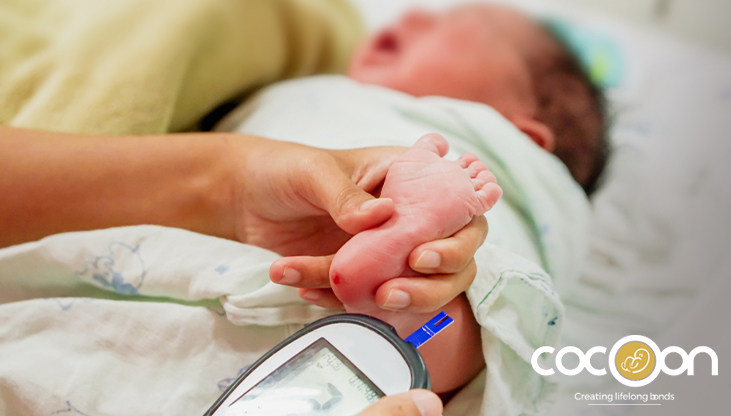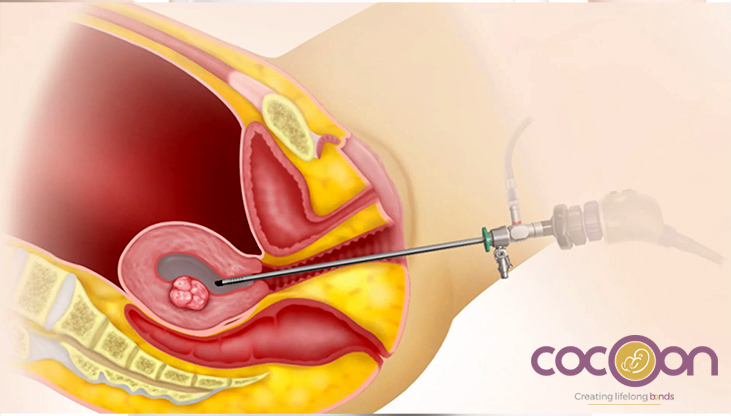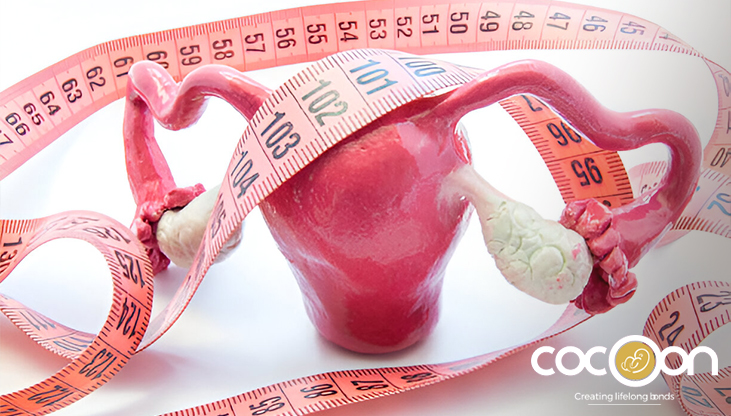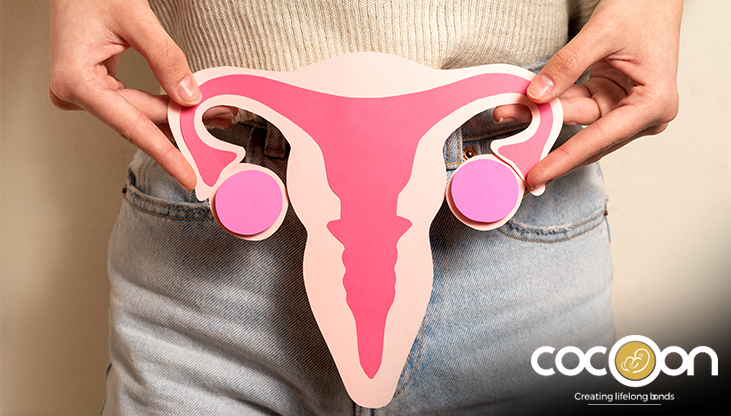Pregnancy is a lovely journey that fills you with joy, anticipation and perhaps a touch of uncertainty, especially about keeping track of how far along you are. You might have the doctor inform you you're "14 weeks pregnant" while your family members ask, "So how many months?"
If you're confused about how pregnancy weeks turn into months or what happens at each juncture, you're not the only one.
Why is Pregnancy Calculated in Weeks, Not Months?
Physicians prefer it to monitor pregnancy on a weekly basis because it's more precise. A month contains five or four weeks, yet pregnancy week after week signifies a specific baby and mother milestone of development. With each milestone counting, weekly checking is more illustrative.
Pregnancy is normally 40 weeks, from the first day of your last menstrual period (LMP)—even if you were not pregnant yet. This is because ovulation and getting pregnant naturally occur at week 2.
How Do You Count Pregnancy Weeks from Last Menstrual Period (LMP)?
It starts with the LMP. If you know the first day of your last period, that's week 1 of pregnancy. From there, you just count forward.
If your LMP was January 1st and the current date is March 1st, you're approximately 9 weeks pregnant. While conception may have been around mid-January, doctors still use LMP to maintain uniformity.
You can also use an online Pregnancy Weeks Calculator where you enter your LMP and it'll automatically tell you how many weeks pregnant you are.
What Are the Pregnancy Trimesters?
Pregnancy is divided into three trimesters:
- First Trimester: Week 1 to Week 12
- Second Trimester: Week 13 to Week 26
- Third Trimester: Week 27 to Week 40
Every trimester involves differing changes in your body, the baby's growth, and some tests your doctor may order.
How Are Pregnancy Weeks Equivalent to Months?
This section normally confuses most couples. Here is an approximate guide:
| Weeks | Months |
| 1–4 | 1st Month |
| 5–8 | 2nd Month |
| 9–13 | 3rd Month |
| 14–17 | 4th Month |
| 18–21 | 5th Month |
| 22–26 | 6th Month |
| 27–30 | 7th Month |
| 31–35 | 8th Month |
| 36–40 | 9th Month |
What Are the Lab Tests Conducted During Pregnancy?
We can go trimester by trimester so that you are prepared for each step of the way.
What Tests Are Done in the First Trimester (Week 1 through 12)?
The first part of pregnancy is all about confirming pregnancy, determining general health, and detecting any potential complications at the earliest.
1. Blood Tests and Urine Tests: These are normally done in your first prenatal appointment. These screen for:
- Hormone (hCG) levels in pregnancy
- Blood group and Rh factor
- Hemoglobin (for anemia)
- Blood sugar
- Infections (like HIV, hepatitis B, syphilis)
- Urine tests for sugar, protein, and infection
2. Thyroid Function Tests: An overactive or underactive thyroid can affect the brain development of the baby, so it is necessary to test early.
3. Ultrasound (Dating Scan): This is typically done 6–9 weeks pregnant to confirm the pregnancy and determine the due date. You will be able to see your baby's small heartbeat for the first time, a very emotional experience for most parents.
4. Double Marker Test & NT Scan (Week 11–13): These check for chromosomal abnormalities like Down Syndrome. They are not compulsory but recommended in women over the age of 30 or those with a history of such conditions in their families.
What Happens in the Second Trimester (Week 13 to 26)?
This is generally the most comfortable time for mums. Energy levels return, nausea reduces, and you start showing a baby bump.
1. Quadruple Marker Test (Week 15–20): A second-trimester test that screens for birth defects, including neural tube defects like spina bifida.
2. Anomaly Scan (Week 18–20): This detailed ultrasound scans your baby's organs, bones, heart, and brain. It also tells you the sex of the baby (if allowed by law in your country).
3. Glucose Tolerance Test (Week 24–28): This is done to test for gestational diabetes, a condition affecting blood sugar levels in pregnancy. If detected, it can be controlled by diet or insulin.
4. CBC and Urine Routine: These are normally repeated to monitor your health and catch any infection or anemia early.
What About the Third Trimester (Week 27 to 40)?
As your baby gets ready to arrive, your doctor will pay attention to the position of the baby, the weight, and your readiness for giving birth.
1. Growth Scan (Week 28–32): An ultrasound to monitor baby's growth, position of the placenta, and amniotic fluid levels.
2. Doppler Test: Sometimes combined with a growth scan to monitor blood flow from the placenta to the baby.
3. CBC, Urine, and Blood Sugar Tests: These tests are done again to check on your health, especially if you had gestational diabetes or anemia in the past
4. Group B Strep Test (Week 35–37): This vaginal swab checks for any bacteria you may have. If you test positive, during labor you will receive antibiotics to prevent passing it to your baby.
How Can You Stay on Track with Your Pregnancy Timeline?
Keeping a pregnancy journal, using an app, or simply crossing off your calendar week by week keeps you on track with your prenatal appointments and tests. Reminders will also help emotionally connect you to the growth of your baby, be it feeling the first kick or glimpsing that little nose during an ultrasound.
What If You Don't Know Your LMP or Have Irregular Cycles?
Don't worry! If you don't know when you last had your period or have an irregular cycle, your doctor will calculate how far along you are based on an early scan. This is referred to as a dating scan, and it is very precise if performed at the first trimester.
When Do You Actually Give Birth: At 9 or 10 Months?
This is another topic that misleads many. Technically, pregnancy is 40 weeks, which is roughly 9 months and 1 week. So, though we talk about "9 months pregnant," it's really a little more than that.
Some women have their babies at 37 weeks (early full term), whereas others take even up to 41 weeks. Your due date is only an estimate—your baby will show up when they're ready!
How Can Partners Assist Along This Timeline?
This process isn't solely the mom's dads and partners are an integral part of it. Here's how you can be a part of it:
- Participate in doctor visits and ultrasounds
- Help with keeping weeks and scheduling tests
- Be a supportive listener when symptoms become difficult
- Celebrate baby's milestones week by week
The journey is all the more special when both partners embark on it hand in hand.
Conclusion
Pregnancy is not just a matter of weeks and waiting for due dates—it's about embracing every little thing as you prepare to welcome home a new life.
Understanding how weeks turn into months, what tests you'll need, and what to watch for will make you feel more confident and less anxious. But most importantly, regular laboratory tests and check-ups throughout your pregnancy ensure you and baby stay healthy throughout.
At 6 weeks or 36 weeks, whichever that is for you, with every heartbeat, every kick, and every ultrasound, each one of them is a beautiful page of your book.

